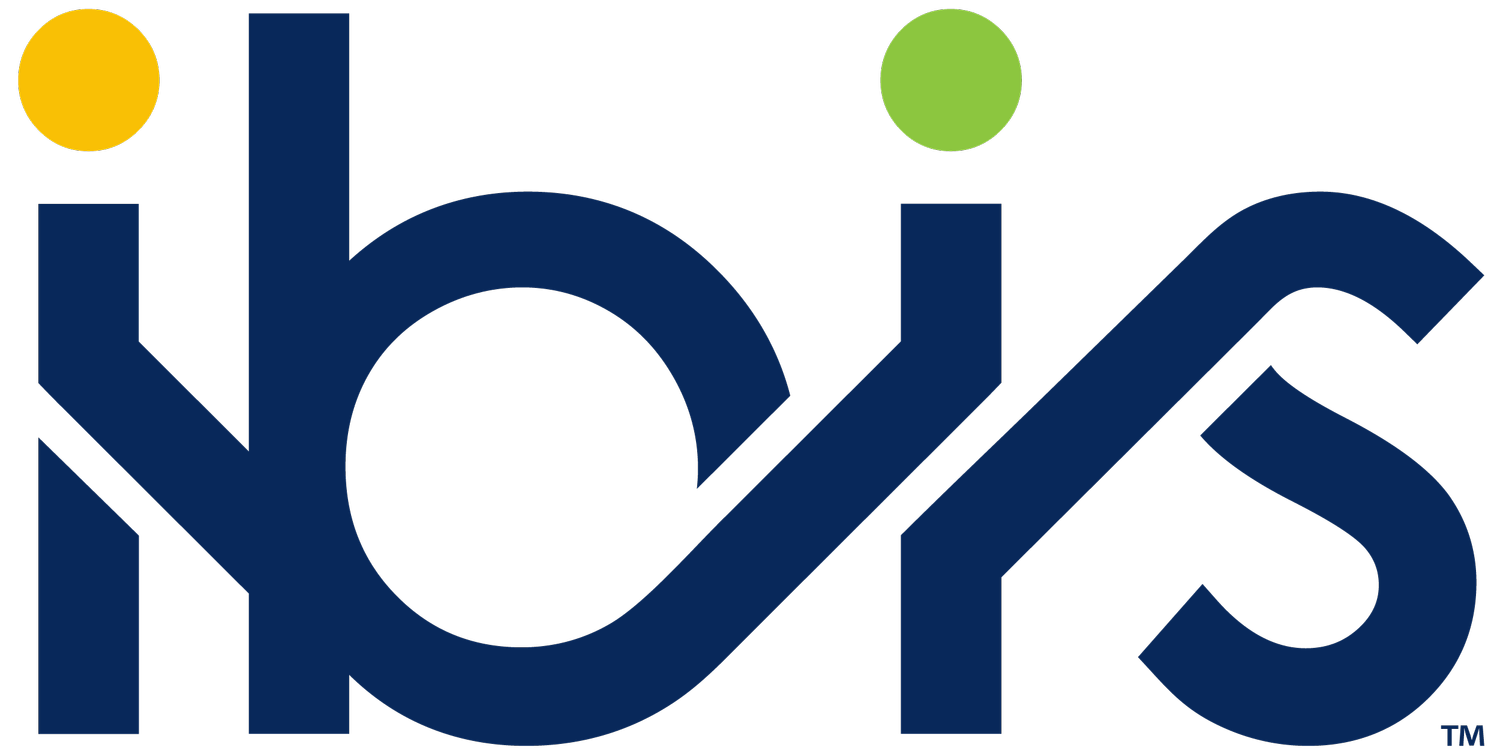Inclusive Culture, Dialogue & Shared Understanding
Inclusive culture in the workplace relies upon the ability to align an organization’s DEI values with its espoused mission, vision, and values. As leaders grapple with incorporating the principles of DEI into their leadership styles, dialogue has emerged as the most effective tool for helping organizations reach points of shared understanding. So, what is the value of dialogue for DEI champions? And what role does dialogue play in creating psychologically safe workplace environments?
Dialogue, as a tool, can create pathways for reaching points of shared understanding. At its core, dialogue creates an opportunity to provide insight into how employees are experiencing the workplace environment. The degree to which employees feel valued can have a profound impact on several key areas such as employee retention, job satisfaction, turnover and productivity.
The employee that feels as though they can bring their full selves to the workplace is likely to be more engaged with their respective role. Do they feel valued and supported? To what degree do they feel as though they can be their authentic selves?
As DEI champions, entering into potentially difficult conversations can help leaders gain insight into alternative perspectives. Simply stated, perhaps the best way to figure out how a direct report, colleague, or member of your team, is experiencing the workplace is... to ask them! While this may feel uncomfortable, pushing through the discomfort can create opportunities for gaining clarity into that employee’s unique perspective & experience.
Dialogue can also be of value in challenging our own assumptions about employees that hold a different identity then you might. As a Black male, I can attest to the value of dialogue. I have always performed better in roles and environments where I’ve been able to speak openly about how issues of race and or social identity shows up for me in the work. To create a culture of DEI champions, engaging in open conversations can create this same opportunity for understanding. A willingness to engage in a dialogue can bring about clarity and create a space for exploration, reflection and can limit misunderstandings.
How can DEI Leaders use dialogue to create pathways for shared understanding? Stay tuned for next month’s follow up article on best practices, strategies, and techniques for engaging in dialogue.
